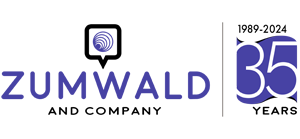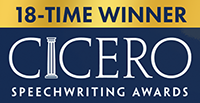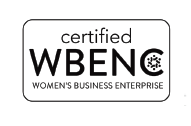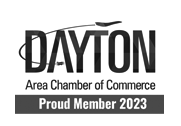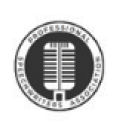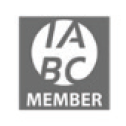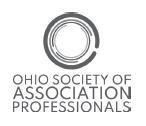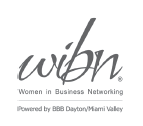Reduce, reuse, recycle? Not always
 Someone asked me the other day whether they could give the exact same keynote address written for one audience – a college community – to a completely different audience of high-powered business executives.
Someone asked me the other day whether they could give the exact same keynote address written for one audience – a college community – to a completely different audience of high-powered business executives.
I hesitated.
After all, a speech with examples, stories, statistics and anecdotes that resonate with the college crowd won’t touch the hearts and minds of seasoned business people in quite the same way.
When I delivered the closing address at a conference for human resources professionals at Edison Community College this month, every example, every story, every statistic, every anecdote was selected for one reason: its appeal to human resources professionals in particular.
Here’s the opening of that speech, entitled “Smart Leaders Ask Great Questions”:
I know a certified Senior Professional in Human Resources – a man with 40 years in the profession – who had an experience very early in his career that put him straight on a path to the top.
His name is Alan.
Many years ago, when Alan was an HR manager for a soft drink bottler, he walked into his general manager’s office and asked, “Sir, what is our profit per case?”
The general manager was stunned!
“Why are you interested in this detail?” he asked.
Alan said he wanted to calculate how many cases of soft drinks the company would need to sell to pay for an accident that had recently happened.
The general manager asked to see Alan’s loss control report. So Alan showed him.
And what happened next?
Alan said, “We spent the afternoon reviewing our accident history – and laying out plans for developing a safety program for training our drivers and equipment operators.”
Since then, Alan’s received many promotions in human resources. But, he says, “Each career stop included asking a similar question and applying it to the cost, problem or opportunity at hand.”
As a result, Alan said, “My seat seemed to always move closer to the most senior officer at the table.”
Alan showed his business acumen – the top critical skill for HR professionals today – and earned his reputation as a leader in human resources simply by asking questions.
Plus, he got that much needed access to senior management that HR professionals want – and need – to serve employees well.
By asking questions, Alan was respected.
He was trusted.
And he brought more value to his organization.
In fact – Alan linked his value to the needs of the business.
And you can, too!
If you’ve ever asked someone a question – and they suddenly burst out with, “Now that’s a great question!” – give yourself a gold star in the thought leadership category!
When someone says, “That’s a great question,” it shows you have inspired them to think much deeper than they had before.
In fact, the person you’ve questioned now may be viewing the situation differently – and may have a completely new attitude toward it – simply because of the question you asked.
Management consultant Peter Drucker absolutely got it right when he said: “The leader of the past knew how to tell. The leader of the future will know how to ask.”
And that’s what I’m here to talk to you about today: the power that lies in your hands when you ask great questions.
But not the types of questions you might ask potential employees during a job interview.
I’m talking about the types of questions that have the power to make you not only an employee advocate, but also a business advocate – someone who helps the company get better and adapt to change.
I closed the speech by talking again about Alan, the successful human resources professional I’d introduced during the opening remarks.
So what’s the point?
My stories about Alan would fall flat if I gave my speech on “how to be a better leader by asking great questions” to a group of accountants or marketing professionals or small-business owners.
Those same stories simply wouldn’t resonate!
Instead, I’d need a completely different opening and closing for my speech – plus different examples, statistics and anecdotes – relevant to my new audience.
When it comes to speechwriting, one size cannot possibly fit all.
So save your ideas to reduce, reuse and recycle for things like eyeglasses, electronics and appliances – not for inspiring new and different audiences.
